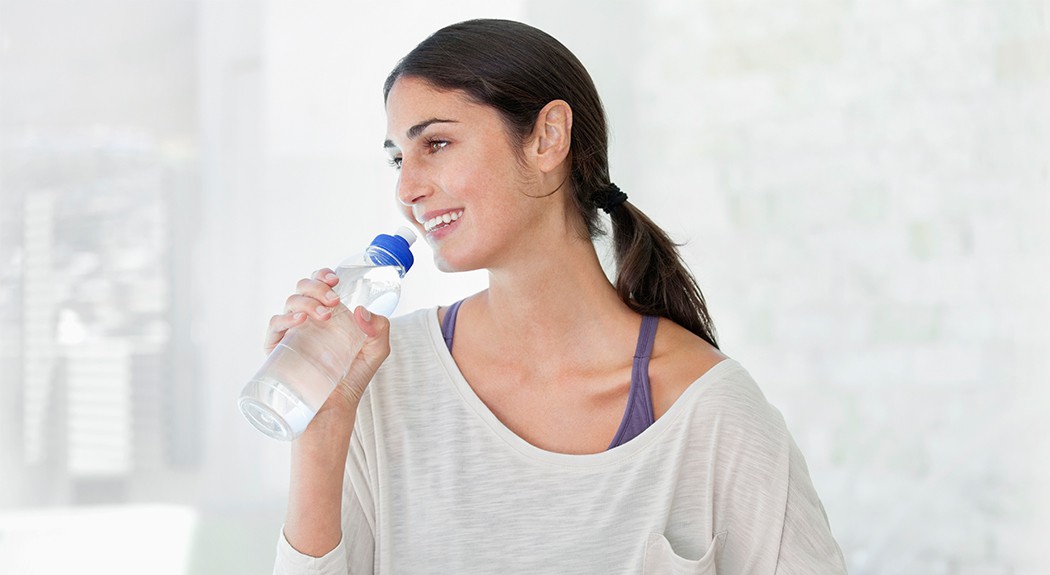You may have seen people walking around toting a gallon of water that they sip from all day long, in hopes of staying properly hydrated.
Others believe they need to drink eight 8-oz. glasses of water per day.
Have you ever wondered if all that water is necessary for your body?
It depends.
Hydration is important. According to the National Kidney Foundation, about 60 to 70 percent of your body weight is made up of water, which is necessary for good kidney health.
Not drinking enough water can lead to dehydration. This can make you feel tired, cause headaches and lead to other health problems, including kidney damage.
Water also helps prevent kidney stones and urinary tract infections, the Kidney Foundation says. Drinking enough water helps flush out bacteria that causes infections.
The National Academy of Medicine recommends that men drink about 13 cups, or three liters, of fluids daily. Women should drink about nine cups, or 2.2 liters, each day.
Doctors recommend more water when exercising. An extra 1.5 to 2.5 cups of water is fine for shorter rounds of exercise, though you’ll need more for exercise that lasts longer than an hour. You’ll also need to drink more water if you’re in a hot, humid environment, or if you’re experiencing fever, diarrhea or vomiting.
Pregnant or breast-feeding women also need additional fluids, according to the National Academy of Medicine. Pregnant women should drink about 10 cups, or 2.3 liters, of water every day. Women who are breast-feeding need about 13 cups each day.
You don’t have to drink only water – unsweetened juice or low-fat milk are other healthier options. But water is your best choice because it has no calories.
If you’re in doubt about whether you are drinking enough water, look at your urine. Urine that is light yellow or clear indicates that you are properly hydrated. Dark yellow urine signals dehydration.
 By Lauren Parmer, DO, a primary care physician at AAMG Pasadena Primary Care. She can be reached at 443-270-8600.
By Lauren Parmer, DO, a primary care physician at AAMG Pasadena Primary Care. She can be reached at 443-270-8600.




